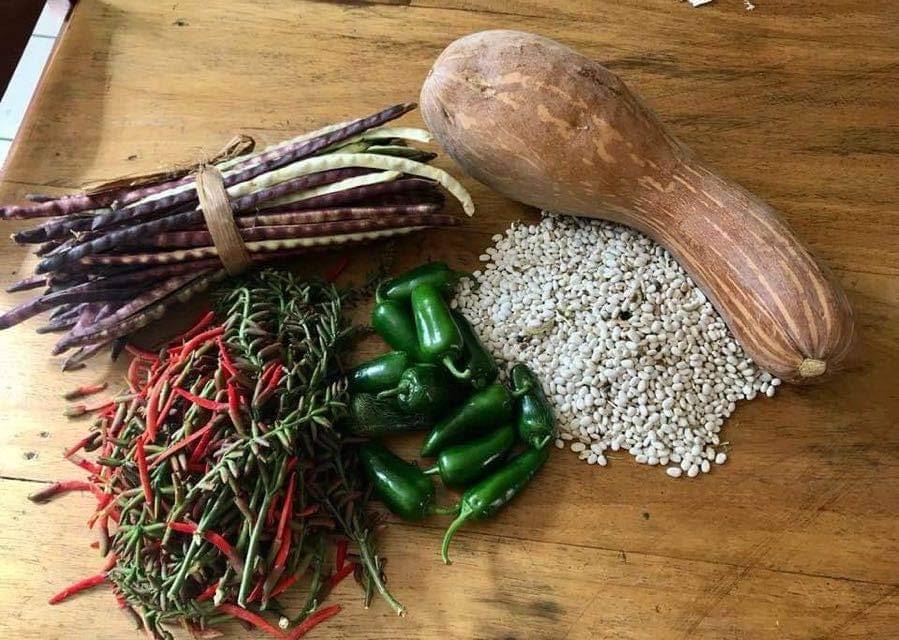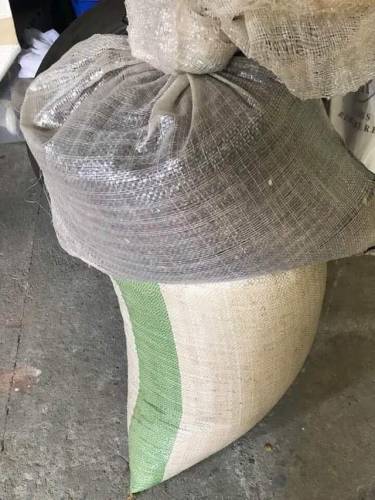El Salvador farm families share in solidarity
By Doris Evangelista | ARUMES, Joining Hands El Salvador
*Names and locations have been changed to protect identities due to ongoing crime and gang violence
The community of Coatepeque* is an agricultural community, in El Salvador where families are large and traditionally children, grandparents, and grandchildren all live together in one small house.
José Garcia* is a Coatepeque community leader. In 2012, he attended the first agroecology school that ARUMES, the Joining Hands network in El Salvador, organized. José recounts that, “We learned to share seeds, lunches and snacks, all at a common table, we learned to be partners, friends and brothers”.
José took what he learned home to his community and began to practice agroecology as a healthy way of life. He shared his learnings with a group of men and women farmers at a small agroecology school and they made a tradition to gather at the table each year for the festival of maize to celebrate the harvest.
ARUMES accompanied José and the farmers in these processes of learning and walking together, and the families are very grateful for all the agricultural knowledge and practices that have been shared.
The group of farmers invited me in March of this year to visit the small agroecology school. When I arrived at the house where the meeting was held, I noticed men, women and children arriving with a small bag of beans and corn and deposited them into another larger bag, I assumed that they must be saving the seeds to sow in the next season. We greeted each other and they began the meeting.
When the meeting was nearing its end, a woman began to speak and said that they are grateful to ARUMES for accompanying them in the agroecology school, that they have learned a lot. She then offered me the large bag of beans and corn in gratitude. I was confused because it was a lot, and I told them it was a lot of seed that must need it. But they replied, “Thanks to God, the Earth and ARUMES, we have had a good harvest and in gratitude we want to share it with you.”
I did not have a bible with me, but I remembered the story of the widow of Zarephath in 1 Kings 17: 8-16, and we prayed together and in the prayer I said that just as the widow did not lack flour or oil in a time of hunger, that we also miraculously did not lack food.
A week after visiting this community, the mandatory quarantine for COVID-19 began, at first, we did not see how serious the situation was, but weeks and months went by, and fear and anguish took over families as family and friends died from the virus.
My family is quite large, the majority of working aged members are without work or income. I gave my corn and beans from the bag I received to my family and I have reached into the bag many times during these seven months and the bag miraculously continues to contain corn and beans.
The widow of Zarephath would understand well what many families in this El Salvador are going through. She was preparing her last meal for her son and herself when Elijah asks her to share it with him first. I cannot imagine the indecision of this woman when agreeing to share, but she was obedient to the prophet’s word and God provided until the hunger passed.
I spoke to the Coatepeque community to ask how they are doing? And José answered, “We have sold, and shared beans, corn, and vegetables and we still have some left, miraculously we still have some left. We are also sharing seeds to sow vegetables. We cultivate the seeds and take care of them and we are already harvesting. Many families have joined to cultivate together. Solidarity among families has been strengthened in this community”.
In this time of COVID-19 we are experiencing and learning many things. I believe in miracles and we all should believe in them. Miracles still happen. God is always good no matter the circumstances. COVID-19 leads us to reflect that God’s fidelity is great. If we give of the little we have, God will continue providing, as was the experience of the widow of Zarephath.
The work of the Presbyterian Hunger Program is possible thanks to your gifts to One Great Hour of Sharing.

